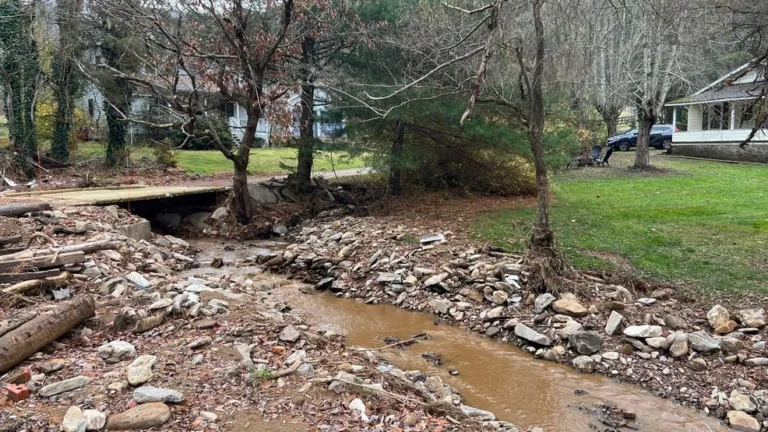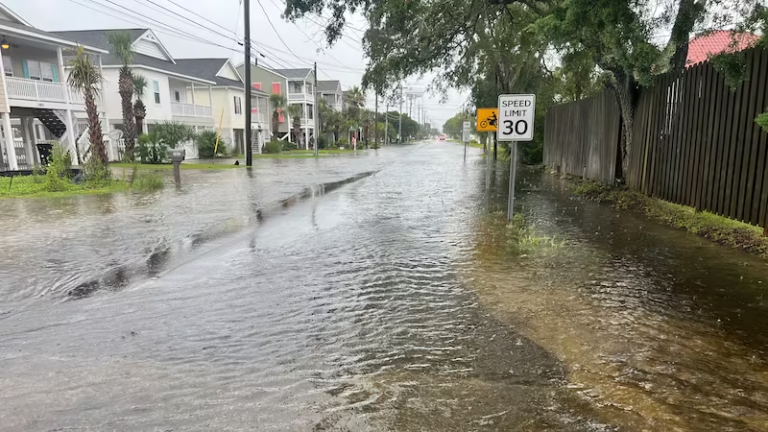Toxic Discharges from North Carolina Factory Contaminate Drinking Water for Nearly 1 Million Residents
ASHEBORO, NC — A plastics manufacturing plant in central North Carolina has discharged a likely carcinogenic chemical into local waterways for years, impacting drinking water for nearly one million people across the state. Environmental advocates say the situation has reached a crisis point, prompting legal action against both the facility and the city overseeing its waste treatment.
Factory Linked to Widespread Water Contamination
The StarPet facility in Asheboro has repeatedly released large amounts of 1,4-dioxane, a synthetic industrial chemical, into the city’s wastewater system. This system is unequipped to remove the compound, which then flows downstream into waterways that supply public drinking water.
While North Carolina regulators have tried to impose discharge limits, legal resistance and industry-backed rulings have stymied enforcement. In many cases, levels of 1,4-dioxane in treated drinking water exceeded federal health advisory thresholds, according to a report by Environmental Health News.
Lawsuit Filed Over Chemical Dumping
Two environmental nonprofits — backed by the Southern Environmental Law Center — have now filed a federal lawsuit, accusing StarPet and the City of Asheboro of violating environmental protection laws and fostering long-term contamination.
Jean Zhuang, a senior attorney involved in the litigation, criticized regulatory gaps: “The Clean Water Act never intended there to be a loophole where an industry can just send their waste to a sewage treatment plant and they’re off the hook.”
The suit highlights that 1,4-dioxane is resistant to natural breakdown, making it nearly impossible to remove using conventional water treatment systems.
Public Health Concerns Mount as Limits Lacking
Classified as a likely human carcinogen, 1,4-dioxane has been linked to liver and kidney damage as well as an increased risk of cancer. Yet the U.S. Environmental Protection Agency has not set enforceable drinking water standards for the chemical.
In North Carolina, some of the highest national concentrations of 1,4-dioxane have been recorded. Experts warn that as regional water systems like TriRiver expand, more communities are being exposed to potential contamination due to weak oversight of industrial runoff.
Do you think North Carolina needs tougher pollution laws to protect drinking water? Share your opinion in the comments at SaludaStandard-Sentinel.com.







